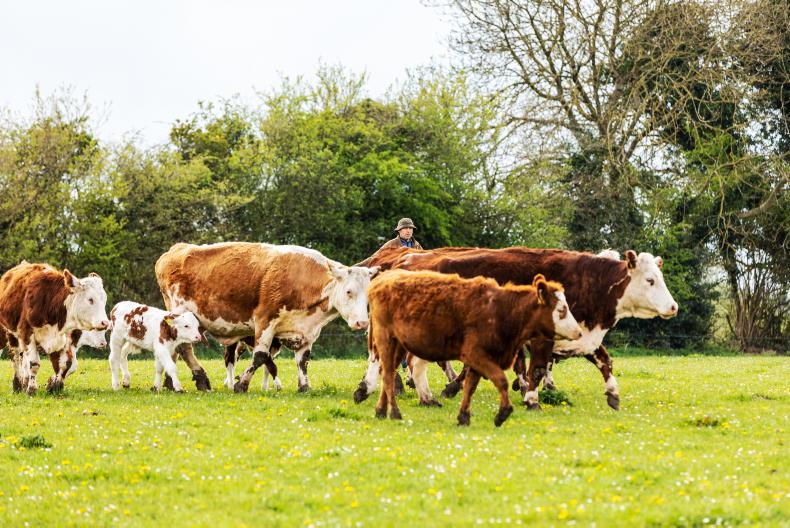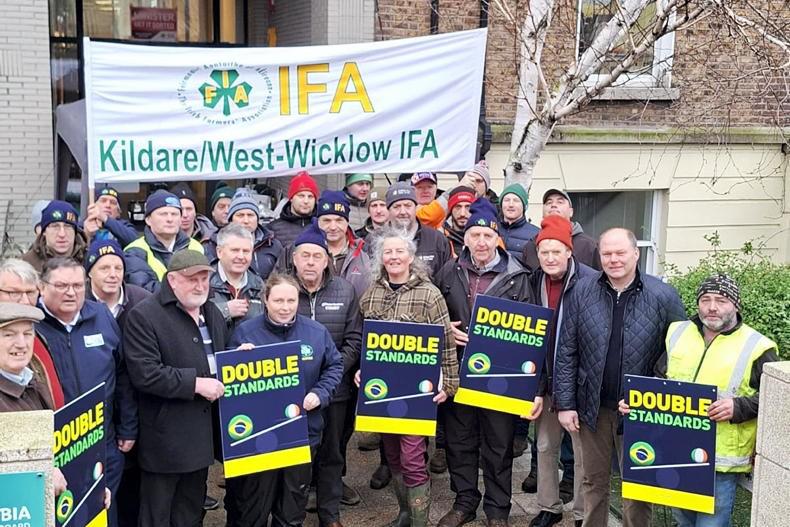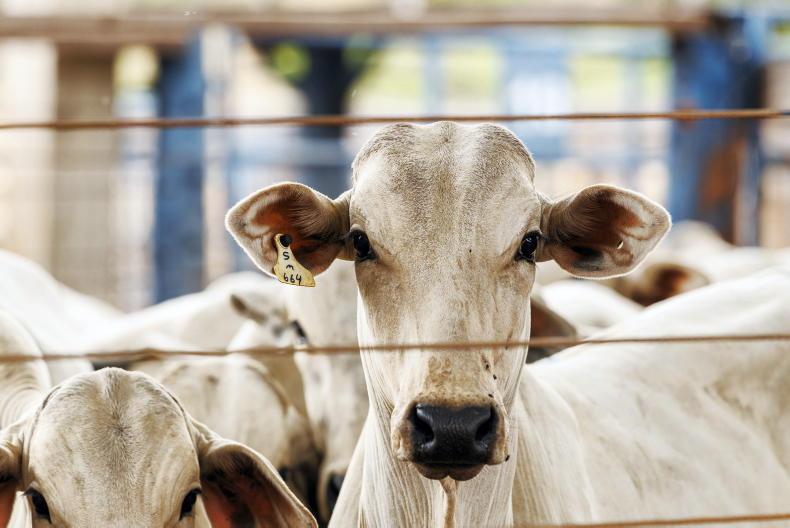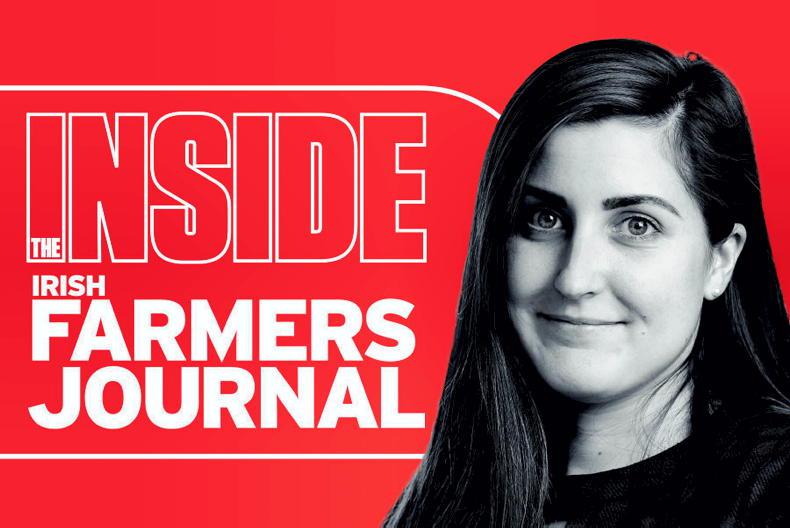The Irish Cattle & Sheep Farmers' Association (ICSA) has welcomed the European Commission’s proposal to allow member states to grant between €15,000 and €100,000 in a lump sum to farmers and agri businesses carrying the burden of rising input costs.
ICSA rural development chair Tim Farrell called for further clarity to be provided on where the proposal would source funding for the farmer supports.
“While the EU announcement says the payment can be made through the EAFRD (which is the Pillar II Rural Development Fund), it is less clear where this money is coming from,” he said.
“Normally, funding under the EAFRD is delivered through co-financing. The root of the inflation problem is the quantitative easing programmes of the European Central Bank, and it is not good enough for the EU to just expect that member states can pick up all the tab."
Minimal bureaucracy
The farm group also stated that it is important that excessive bureaucracy is not attached to any scheme through which such funding could be delivered to farmers.
“It is critical that mistakes of the past are not repeated. We saw with the Beef Exceptional Aid Measure (BEAM) scheme how unfair and overly complicated conditionality can result in thousands of farmers missing out on vital support,” said Farrell.
Farrell stated that the Rural Development Programme (RDP) monitoring committee should meet to begin preparing for any changes that may need to be made for farmers to access funding, should the proposal be passed.
“I am now calling on the Minister for Agriculture, Food and the Marine to immediately convene a meeting of the Rural Development Programme monitoring committee to examine the options,” Farrell went on.
Funding sources
The ICSA pointed to unspent CAP Pillar II funds, as well as the national Exchequer, as possible sources of funding to finance schemes that would help farms cope with rising input costs.
“[The] ICSA believes that the Government will now need to step up to the plate with real money to actually address the scale of the problem that has seen fertiliser prices trebled and diesel prices doubled in little over a year,” commented Farrell.
“Minister McConalogue must come up with proposals that would utilise a mix of unused funds from the Rural Development Programme and significant additional funds from the Department of Public Expenditure,” he concluded.









SHARING OPTIONS